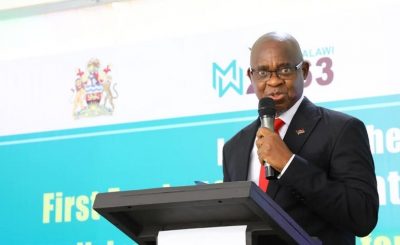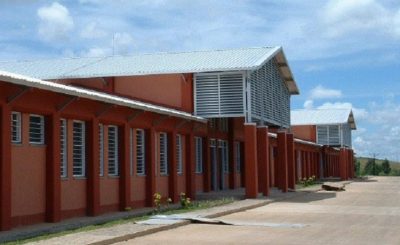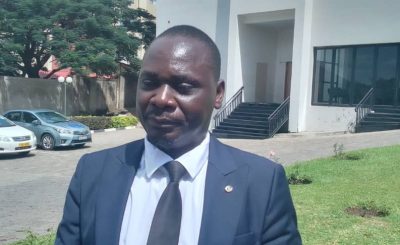The world’s first Malaria vaccine, RTS, S pilot programme, which was rolled out in the country in April this year, is said to be in good track.
The vaccine, which was rolled to provide partial protection against malaria in young children, was introduced in Malawi and Ghana on April 23 and 30 respectively, and in Kenya on September 13.
Speaking in an interview with the British Broadcasting Corporation (BBC), leader for the Malaria Vaccine Implementation Program at the World Health Organization (WHO), Dr. Mary Hamel, said the effectiveness of the vaccine was proved in a clinical trial.
Hamel said: “The efficacy was established through a clinical trial so we know that it can reduce clinical malaria by 40% and severe malaria by almost 30 % in areas with high transmission this could really have major impact on malaria disease and death”.
She further expressed gratitude over the positive response from the parents who bring their children for the vaccine.
Current estimates show that at least 360,000 children across the three pilot countries will receive the vaccine.
The vaccine, which has been developed for 30 years, is expected to decrease the burden of Malaria which is one of the world’s leading killers, claiming the life of one child every two minutes.
According to the 2017 Malawi Malaria Indicator Survey, the malaria prevalence rate decreased from 43% in 2010 to 24% in 2017
In a bid to fight the disease, the ministry of health in Malawi rolled out proven malaria control measures including long lasting insecticide-treated mosquito nets, indoor residual spraying, and antimalarial medicines.





